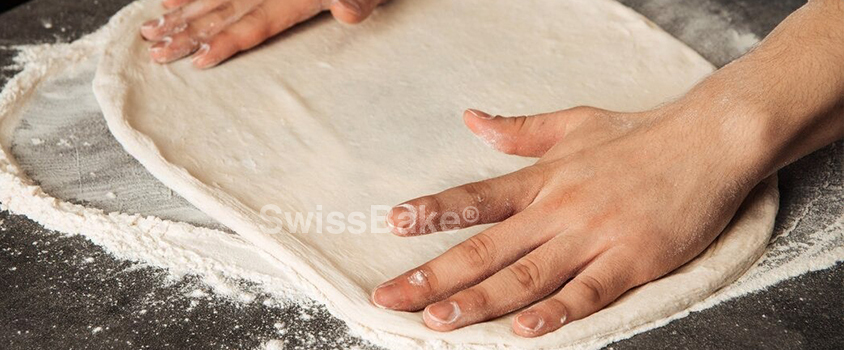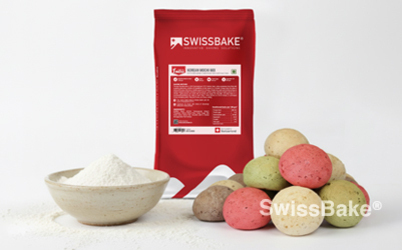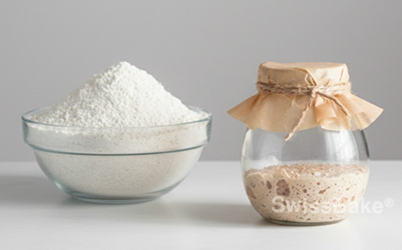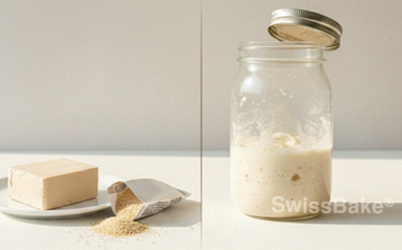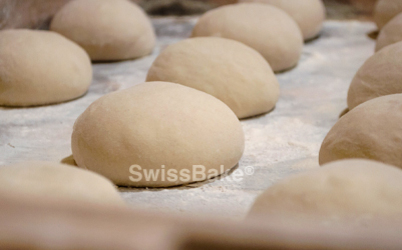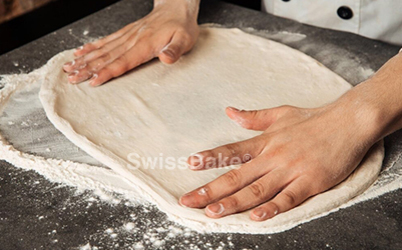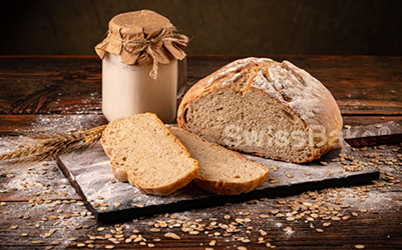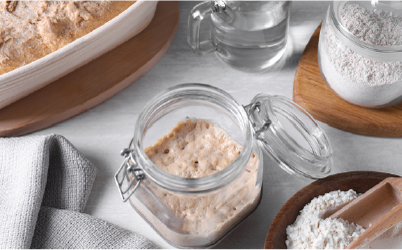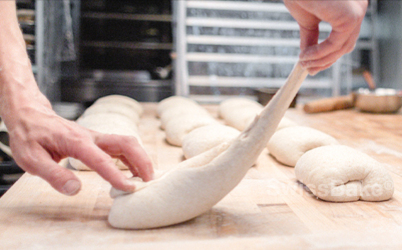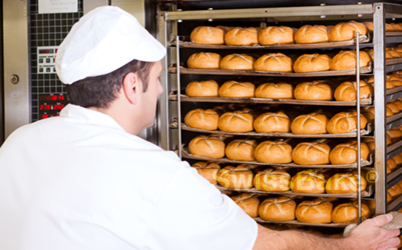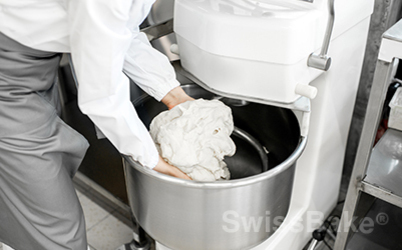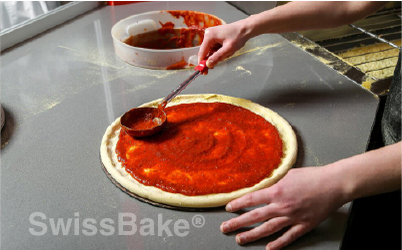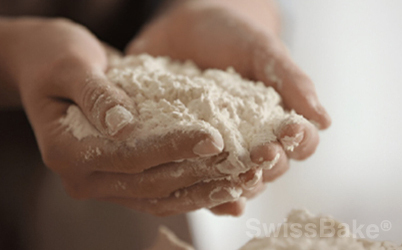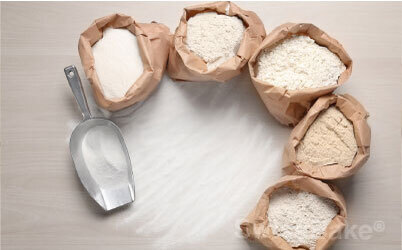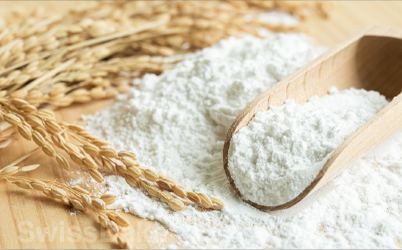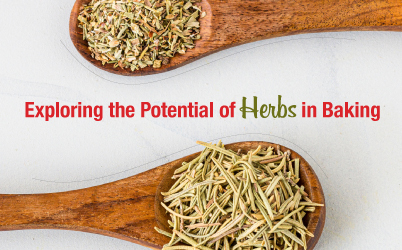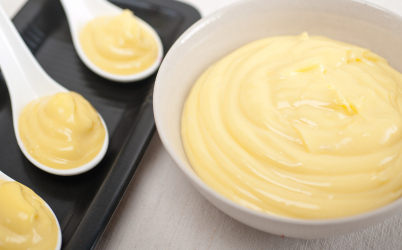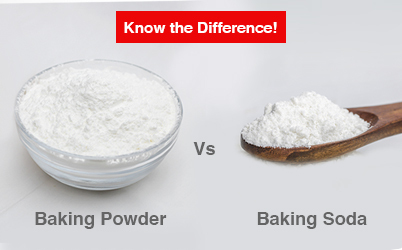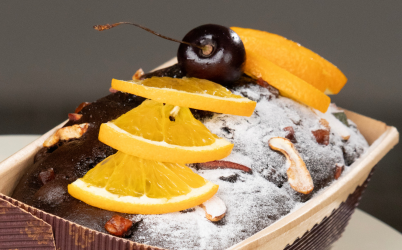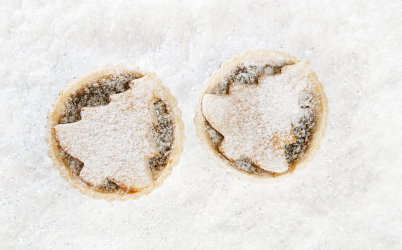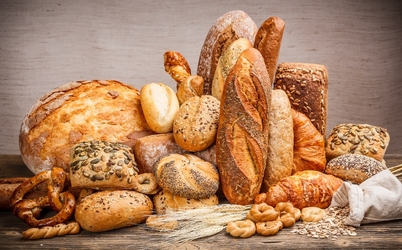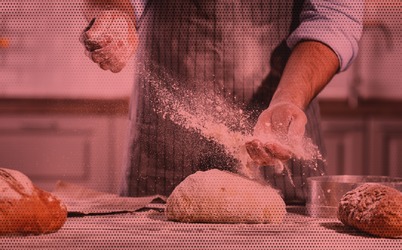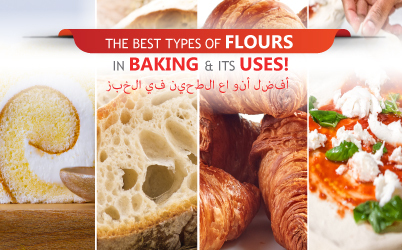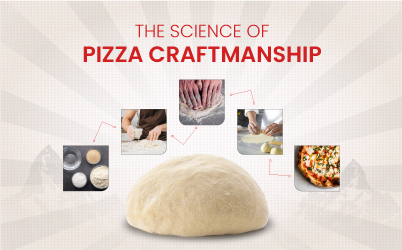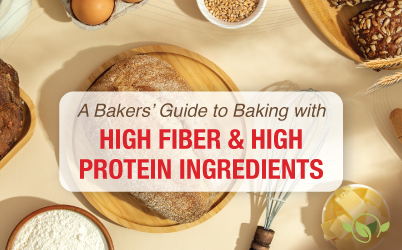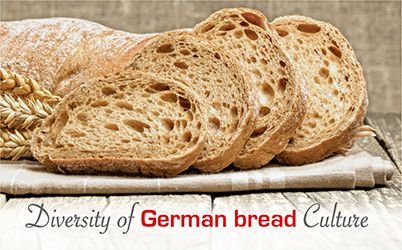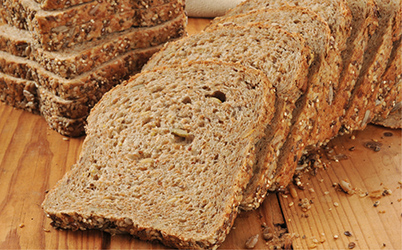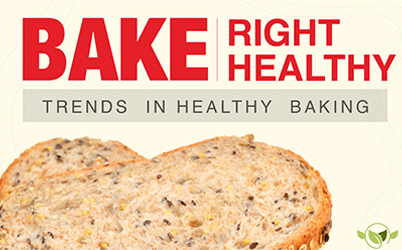Stretch, Snap or Tear: Troubleshooting Pizza Dough Issues
In professional pizza making, dough consistency is the deciding factor between smooth service and chaos. Whether you’re operating in a high-volume QSR, an artisan pizzeria, a HoReCa setup, or a cloud kitchen, the way your dough stretches will ultimately determine the crust’s texture, shape, and integrity. If your dough keeps shrinking, snapping back, or tearing too quickly, it signals an issue — either with your process, ingredients, or fermentation control. Below, we’ll explore the most common dough-handling challenges — stretch, snap, and tear — along with practical fixes.
Issue #1: The Dough Snaps Back After Stretching
Problem: You stretch the dough, but it keeps pulling back into place.
Common in: Dough that’s under-proofed or chilled
Why It Happens:
- Gluten too tight: Dough hasn’t rested enough to relax after mixing.
- Cold dough: Straight-from-fridge dough is stiff and elastic.
- ?Overmixed dough: Heavy kneading or prolonged mixing without rest also causes tightness.
How to Fix:
- Rest on the bench: Let the dough sit at room temperature for 30–45 minutes before use.
- Pick flour with extensibility: A 00 flour like MORCOTE® 00 Pizza Flour balances stretch and elasticity, reducing snap-back.
- Use autolyse or bulk ferment: Allow gluten to relax at early stages.
Issue #2: The Dough Tears When You Stretch It
Problem: The dough feels delicate and breaks apart when stretched.
Common in: Weak gluten doughs or incorrect hydration
Why It Happens:
- Low-protein flour that can’t support strong gluten bonds.
- Under-kneaded dough lacking proper development.
- Over-fermentation weakening the dough matrix.
- Excess bench flour drying out the dough surface.
How to Fix:
- Choose stronger flour: MORCOTE® 00 Pizza Flour provides higher protein and dependable gluten structure.
- Refine mixing: Build gluten evenly with consistent kneading.
- Adjust hydration: Aim for 60%–70% depending on oven style and crust preference.
Issue #3: The Dough Feels Too Tight or Too Loose
Problem: Some batches are overly firm and resistant, while others feel overly soft and slack.
Common in: Climate shifts or varying flour quality
Why It Happens:
- Temperature & humidity swings: These directly affect hydration and proofing.
- Inconsistent flour milling: Gluten levels may vary.
- Incorrect scaling: Small errors in measurement disrupt balance.
How to Fix:
- Opt for consistent flour: MORCOTE® 00 Flour delivers reliable results regardless of climate.
- Track fermentation carefully: Adjust resting and proofing to match your kitchen environment.
- Weigh ingredients precisely: Digital scales ensure accuracy in ratios.
Issue #4: Dough Doesn’t Hold Shape in the Oven
Problem: Dough looks fine pre-bake but collapses or bakes unevenly.
Common in: Over-proofed or poorly structured dough
Why It Happens:
- Over-proofing: Gas retention weakens if dough ferments too long.
- Low gluten strength: Often from short fermentation or low-protein flour.
- Under-kneading: Not enough structure built to trap gases.
How to Fix:
- Control proofing: Cold fermentation with retardation helps. MORCOTE® 00 tolerates long fermentations well.
- Develop gluten properly: Don’t cut corners during mixing.
- Balance water levels: Too much hydration without strength leads to collapse.
Issue #5: Sticky Dough That’s Hard to Handle
Problem: Dough sticks to your hands, tools, and surfaces, slowing operations.
Common in: High-hydration or unbalanced enzyme activity
Why It Happens:
- Incorrect flour-to-water ratio: Too much water without flour strength.
- Enzyme imbalance: Excess amylase causes sticky, slack dough.
- Uncontrolled fermentation: Over-fermented dough loses elasticity and clings.
How to Fix:
- Use enzyme-balanced flour: MORCOTE® 00 is designed with controlled enzyme activity for easier handling.
- Dust with 00 flour: Prevent sticking without toughening the dough.
- Try dough conditioners: Additives like MORCOTE® PZ 20 help manage high-hydration dough.
- Control fermentation in warm kitchens: Use temperature-regulated storage to prevent overactivity.
Why the Right Flour Makes the Difference
Dough problems don’t always come from technique — often, it’s the flour itself. For pizzerias and chefs managing heavy prep loads, using flour not built for pizza can lead to inconsistent results, slower production, and compromised quality.
Why Choose MORCOTE® 00 Pizza Flour?
- Extra-fine milling for smooth, workable dough
- Ideal elasticity and extensibility for shaping consistency
- Robust gluten strength for long fermentations
- Enzyme-balanced formulation to prevent snap-back, tearing, or sticky handling
- Adaptable to multiple baking methods — wood-fired, deck, or conveyor ovens
Final Takeaway
Whether your dough is snapping back, tearing apart, sticking, or collapsing, small adjustments in flour choice and dough technique can completely change results. Start with your flour — it’s the core of every dough. For professional kitchens, switching to a dedicated pizza flour like MORCOTE® 00 is often the fastest way to achieve smoother prep, better crusts, and reliable consistency across every bake.

